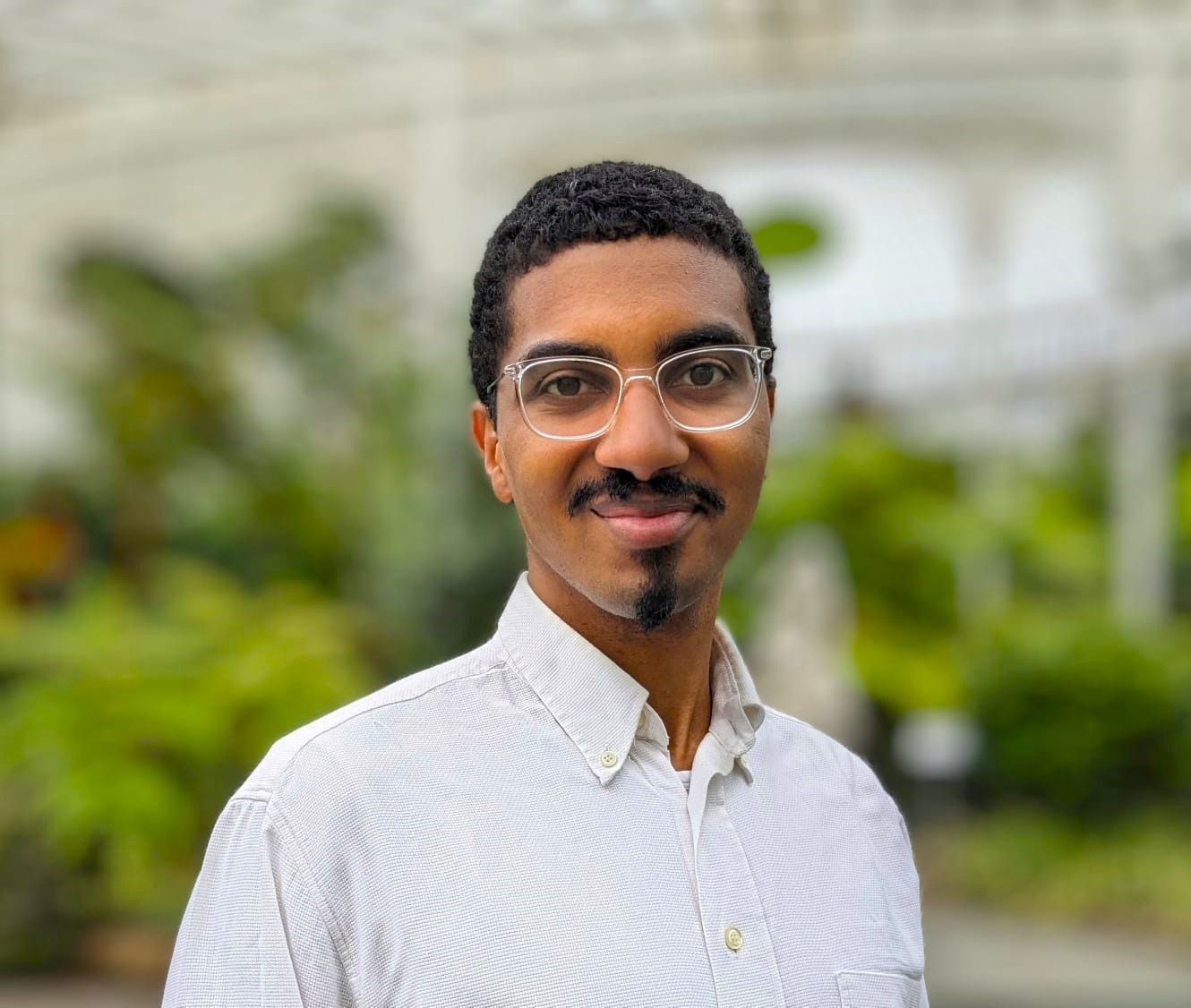All too often, well-trained PhDs wind up in a field that has nothing to do with their chosen discipline, says Dr. Thane Campbell, Dean of Deep Science Ventures‘ Venture Science Doctorate program. “People get disillusioned and then they’re not in a good place to tackle the big challenges we face today.”
Simultaneously, the kind of deep tech that can tackle those challenges (e.g., climate, food security) faces a gaping talent shortage right now, partly due to a disconnect between academic research and the commercialization of ideas.
Campbell experienced all of this this first-hand working on his PhD in immunology. In what he describes as “like God tapping me on the shoulder,” he realized there could be an alternate model for PhD programs that would rigorously train candidates while helping them commercialize their ideas.
Enter London-based venture creator Deep Science Ventures (DSV), which builds companies that address health and planetary issues.
After linking up with DSV, Campbell went on to create, “a program for commercially minded scientific visionaries,” with a focus on diversity.
The three-year, fully funded PhD program runs off the DSV model, in which individuals identify a problem and design research and companies based off that. In many ways, it’s a far cry from the traditional seven-year-long PhD process that leaves many individuals steeped in debt and working in an area outside their chosen field.
Deep Science Ventures itself is five years old; its most recent development is a partnership with the Bahamas government to promote the PhD program.
Campbell, a Bahamian himself, recounts his own journey below and how this new model for academia could help solve some of the world’s most pressing problems.

AFN: Why did you start a PhD program?
TC: We have a lot of brilliant, well-trained PhDs who don’t wind up working in anything to do with their discipline. People get just disillusioned at the end of [their program], and then they’re not in a good place to tackle the big challenges that we face today.
We’re redefining the scientist, broadening that definition so that scientists are not only what they are today (people who create lots of new knowledge and train loads of people) but also people who apply knowledge to global challenges and create more jobs.
AFN: Describe your own journey towards this goal.
TC: My PhD experience was pretty formative. The University of Edinburgh, University of Bath and Heriot-Watt University, as well as GlaxoSmithKline and STMicroelectronics were in a group to resolve a big clinical challenge.
We made a an optic fiber device that gives all the information needed to identify one lung disease versus another. But what would we do with that data? It was new data and it needed a system that said, “This is what you do next.” That was my job. I did a lot of microscopy but also some machine learning to create models to tell us what to do with all that data.
GlaxoSmithKline invited me to give a seminar at the end of my PhD, and the scientists really wanted to see that work go forward. But it couldn’t.
We reached some barriers where the universities needed more proactive processes to move ideas to patents and to new companies. We didn’t have that runway when I did my PhD, but but I also encountered Deep Science Ventures and they did.
With the Deep Science Ventures model, you start with a global challenge like food security, which is one of the big things we’re talking about here in the Bahamas. How do you break food security down into the key challenge areas we need to deliver on in the next five years in the Bahamas, where we’re importing 98% of our food? How do you systemically build a roadmap that gets us to growing our own food?
I went back to [University of Edinburgh] and saw that there were thousands students who really wanted to go after purposeful research for things that society is struggling with. But students were going to entrepreneurship training and it was not always geared towards applying their research.
I’d seen DSV’s model, I’d had this problem myself, and then all these things sort of just dawned on me one day. It was like God tapping me on the shoulder. I had this idea of a PhD program that would incorporate all these things and deliver on that systematic training.
AFN: For whom did you build this program?
TC: We think at the interface of science and commercialization. So it’s both for people who are starting from a business stance and for those starting from science. We’ve got also some good engagement from people that are involved in innovation policy.
For example, one of our venture scientists in the program now previously worked at the White House. She had seen so many great ideas about how to innovate with us, but she didn’t have her PhD. Now she doesn’t have to go back to school for seven years [to get one].
It’s quite broad in terms of the people who could benefit: people from a policy background or science or business background, or people who just have a really strong vision in any industry. We tend to get a lot of applicants from those kinds of people.

AFN: How did you get the program accredited?
TC: We bumped up against this right at the beginning, where we initially wanted to work with a university and let them do all the accreditation.
We spoke to a few places. You can imagine how archaic the process for creating a new PhD program is. It’s nobody’s specific job at a university to be coming up with the programs. It just emerges ad hoc if a professor wants it, and then they spend about five years with a full-time team, bringing people to meetings to get things approved.
We didn’t have five years. We didn’t have a whole team. It was me, part time, and people from DSV.
We found Woolf University early on and they have really solved this problem. They have a digital process where everything is done in a streamlined way. Instead of a bunch of different meetings on paper, all the info is locked into their accreditation management system.
So Woolf got us accredited and we have a college at Woolf, Deep Science Ventures College. Our PhD separately is fully accredited, and that’s under the European Commission and a number of regulators.
AFN: What are some other big challenges you encountered along the way?
TC: The first big challenge was was funding. We encountered the Day One project, which is now spun back into the Federation for American Scientists. They helped me to write a really prestigious policy proposal for the US. We wrote a policy proposal for the Biden-Harris administration, and that helped us to encounter Schmidt Futures, which is a large philanthropic organization started by Eric [former CEO of Google] and Wendy Schmidt.
The UK Government has also been quite proactive now: Innovate UK backs us.
Another big challenge is that you encounter early on a lot of naysayers, professors who don’t want to see the model change. That’s just natural. If you have an idea that’s not the current way of doing things, there will be people who say we shouldn’t do it.
But that challenge helped me to own the narratives that made space for engaging these people.
AFN: You’re not trying to displace the traditional university or PhD program.
TC: No. We’re just trying to support new categories of people in a diversity-first way — gender diversity, racial diversity, diversity of thought.
That’s a huge missing piece for the growth of regional economies. We want to see places in the UK, places across the Caribbean, develop their economy.
And it’s a missing piece for empowering young people who are working with decentralized, autonomous organizations. These are visionary people who want to use science to create jobs and solve big problems. Why can’t we house them in universities?




